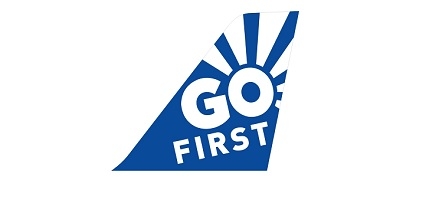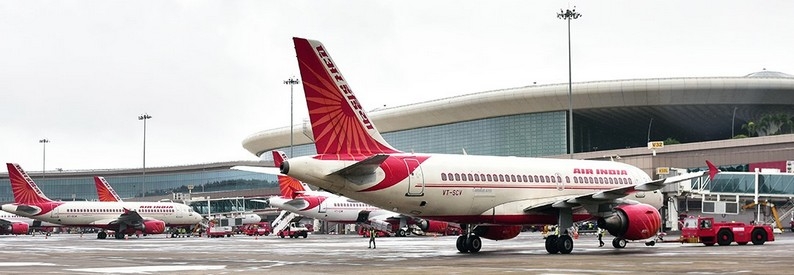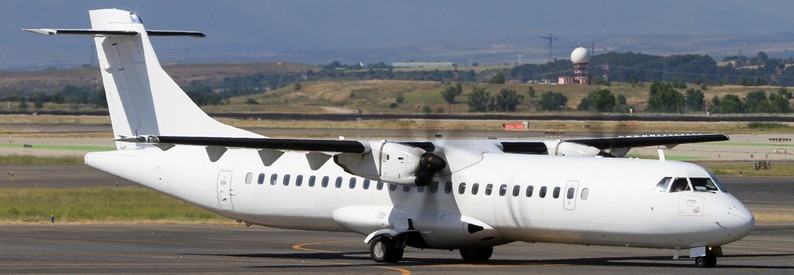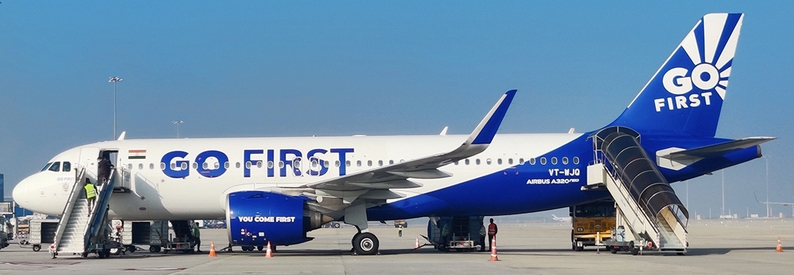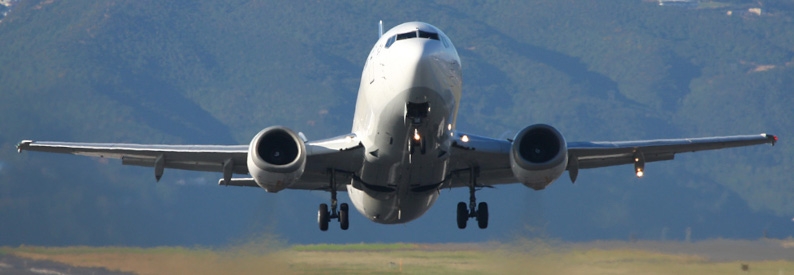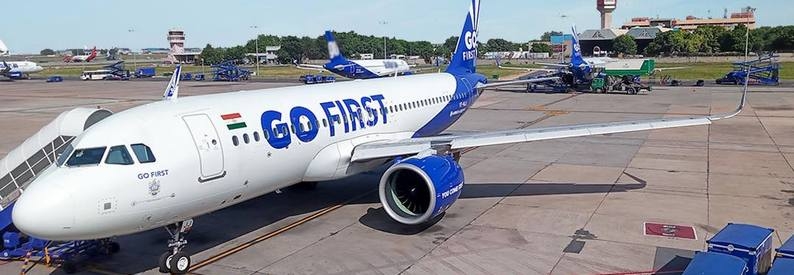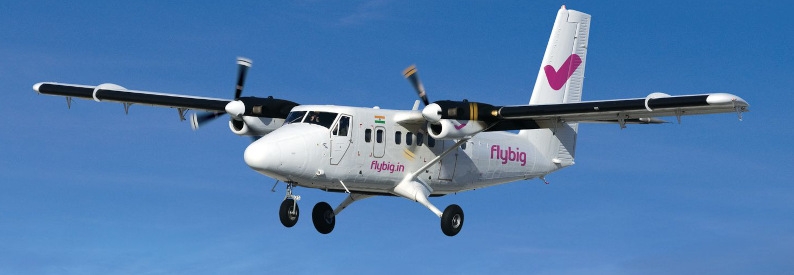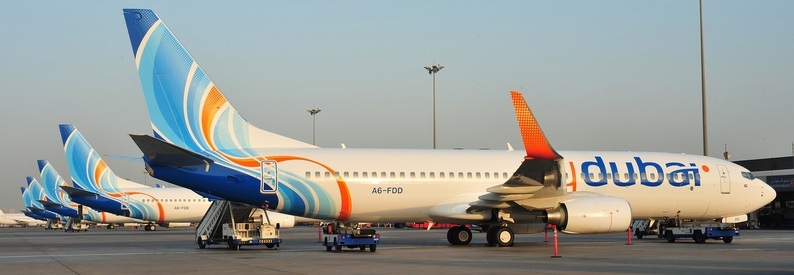Out-of-pocket lenders grappling with the financial fallout of the collapsed Go First (Mumbai International) plan to challenge the Directorate General of Civil Aviation's (DGCA) opinion that changes to India's domestic legislation will allow lessors to repossess their airframes and engines from the airline.
Reuters reports that the lenders, who include the Central Bank of India, Bank of Baroda, IDBI Bank, and Deutsche Bank, to whom the insolvent airline owes a total of USD783 million, intend to dispute the DGCA's legal opinion submitted to the New Delhi High Court in late October which says earlier court orders preventing the repossession and repatriation of aircraft assets will no longer be valid following India bringing its bankruptcy laws into line with the 2001 Cape Town Convention.
The lender's best chance of recouping their money rests in Go First relaunching. They intend to argue that the changes should not impact retrospective court orders. Go First's restart is dependent on the airline retaining aircraft. However, Go First obtained all of its 54 aircraft from lessors. After the airline ceased flying in May, all the lessors indicated they wanted their aircraft back. Engine lessors have also made bids to repossess their assets. However, India's courts, led by the bankruptcy court, the National Company Law Tribunal, have thus far issued orders keeping the assets in India. But, the changes to the bankruptcy laws will likely see future court rulings favour the lessors. The lenders are trying to stop this from happening. At the next Delhi High Court hearing, scheduled for November 17, counsel for the lenders will say that since Go First was already under bankruptcy protection when the law was amended, the legislative changes should not apply in this case.
"Everything depends on the judgment of the Delhi High Court. If the high court judgment comes that the lessors can take the aircraft, then nothing will be left for us and liquidation will be the only option," an unnamed lender told India's Financial Express. "Without aircrafts[sic], there will be no airline."
Should this happen, the key asset left in India is a 94-acre parcel of land in Thane that the Wadia Group had given as collateral to the banks. The Wadia Group are the owners of Go First. The land is valued at approximately INR30 billion rupees (USD360.5 million), representing a recovery of around 46% of the total owed to the lenders.
Last week, Go First's Committee of Creditors (CoC) extended the insolvency resolution timeline by three months, hoping this extra time will allow them to find a buyer for Go First. A recent expression of interest (EOI) campaign run by the resolution professional attracted one solid response from Jindal Steel and Power Ltd. However, Jindal has to submit a resolution plan, which the CoC must ratify and, later, the NCLT. Any such resolution plan will likely include a settlement offer for lenders and other creditors. But Jindal is not obligated to proceed beyond the EOI stage and there is no firm indication that it will.
